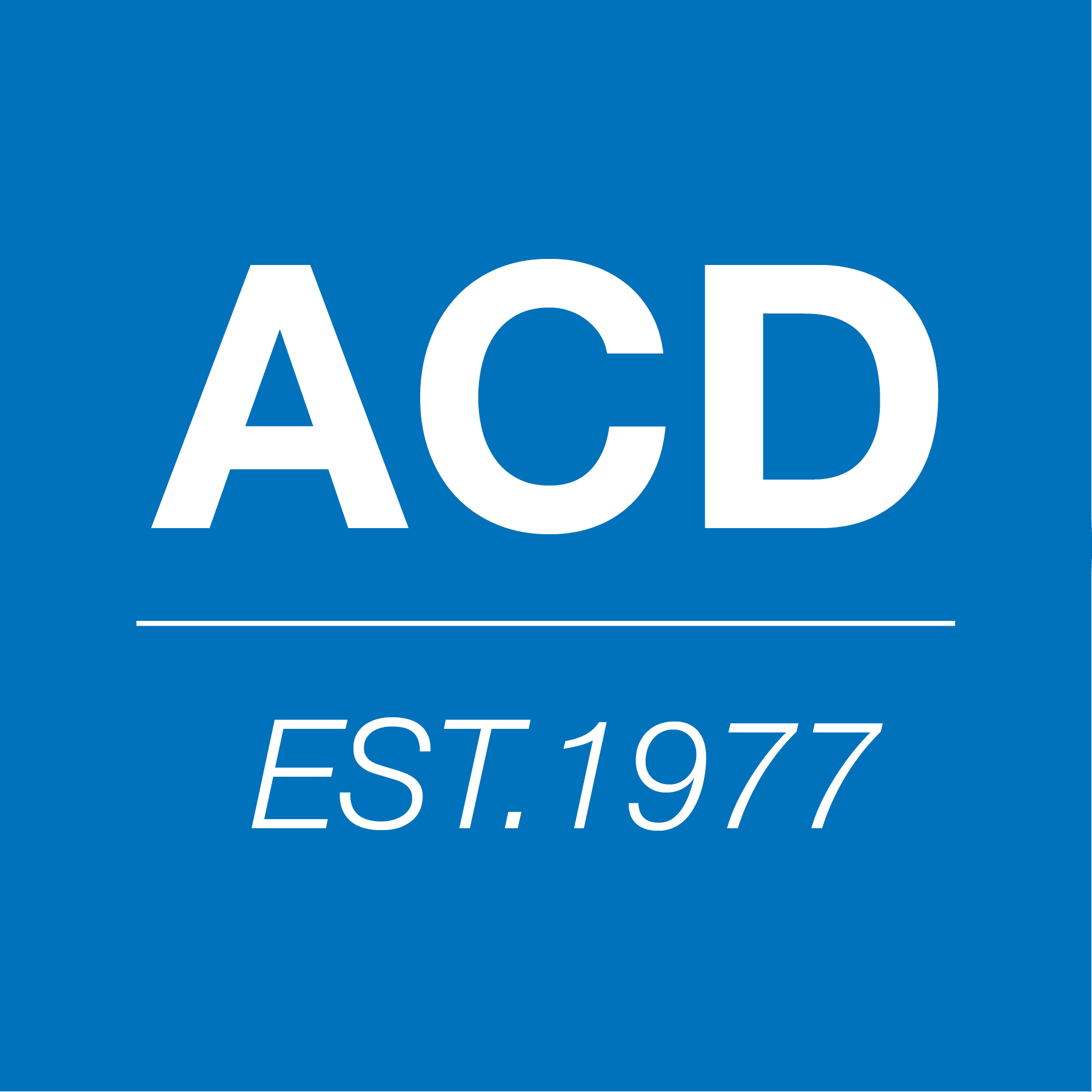Saturday, October 21
3:25 PM - 4:30 PM
Featuring Lizzie MacWillie, Desiree Powell, Julia Lindgren
The USDA has a number of ways they define a food desert including: “Low-income census tract where more than 100 housing units do not have a vehicle and are more than 1/2-mile from the nearest supermarket”; and “Low-income census tracts where a significant number or share of residents is more than 1-mile urban to the nearest supermarket”. A majority of Dallas’ predominantly Black and Latinx neighborhoods fit at least one of those definitions. For years residents have advocated for major grocery and restaurant chains to come to their neighborhood and fill a gap that has left them without reliable access to fresh fruit, produce, and healthy prepared food. And yet, for the most part, these large businesses have not come. So, residents and community partners have found other ways, starting from the ground up, to bring the resources they need and want to their communities.
This session will present examples of planning and design collaborations that have creatively addressed food security - and subsequently economic mobility, housing, and community organizing - in Black and Brown neighborhoods of Dallas, Texas.
Dee Powell will present on the development and execution of the Sunny South Dallas Food Park, a community-driven initiative that seeks to create economic mobility and opportunity for South Dallas. Lizzie MacWillie will present on the design/build of the Dolphin Heights Garden Cottage and the subsequent development of a gardener-in-residence program.
Julia Lindgren will present on the design/build work she has done with students at the University of Texas at Arlington and Joppa Momma's Farm. The session will explore how issues of land use, zoning, participation, and funding helped or hindered the success of each project.
 Lizzie MacWillie
Lizzie MacWillie
Presenter
Lizzie MacWillie is an architect, registered in the state of Texas, and urban designer. She is currently an independent design consultant and an adjunct instructor at the New Jersey Institute of Technology. Lizzie was previously Director at buildingcommunityWORKSHOP ([bc]), a nonprofit architecture and planning firm, where she also oversaw the Dallas office. Prior to joining [bc], Lizzie was a part of OMA/AMO in Rotterdam, NL. She received a Master of Architecture in Urban Design and a Master of Design Studies in Art, Design and the Public Domain from Harvard’s Graduate School of Design, and a Bachelor of Architecture from Carnegie Mellon University.
 Desiree Powell
Desiree Powell
Presenter
Desiree “Dee” Powell is an Arlington, Texas native where she graduated from the University of Texas at Arlington with her Bachelor’s in Interdisciplinary Studies and Masters in City & Regional Planning. She is currently an urban planner in Texas and an urban designer in her own urban planning/design firm, DRBTS (Do Right By The Streets), which focuses on place keeping as a tool to implement temporary-to-permanent space activation projects in communities of color. Desiree centers her work from her lived experiences as a Black woman along with impacts of music, streetwear and sports. She's a lover of sports and being active, coffee and writing whenever she can.

Julia Lindgren
Presenter
Julia is Assistant Professor at the University of Texas at Arlington where she teaches design-build studios and seminars focused on social equity and community engagement. Through practice, research and teaching, Julia explores the ways in which design processes can be used to restructure the distribution of power within cities. Julia Lindgren, is a trained architect, builder and urban thinker with experience directing programs across public and private sectors in New York City, Philadelphia, Dallas and Brownsville. She is guided by the belief that true equity can only be achieved when residents and community stakeholders work together to shape their surroundings. Julia works daily in partnership with marginalized communities including low-income, immigrant and black and brown communities to solve complex urban problems through the thoughtful act of design and making.
